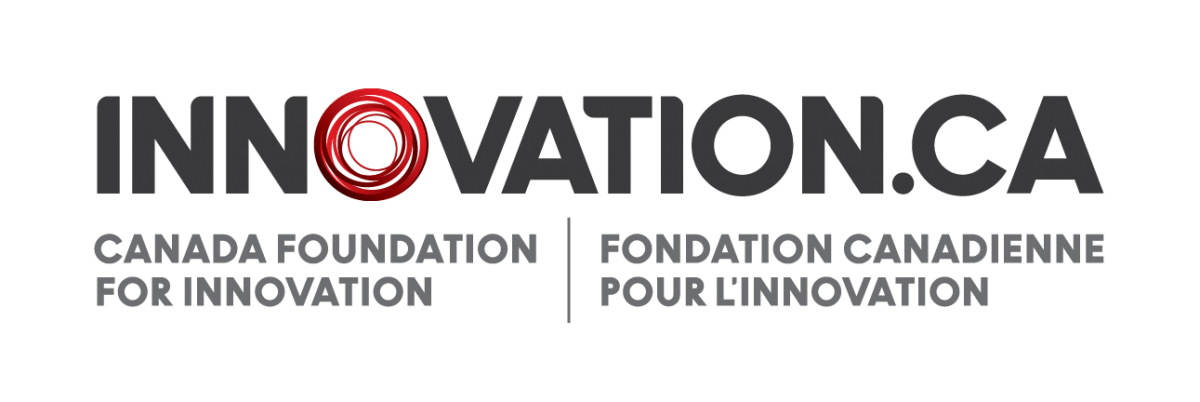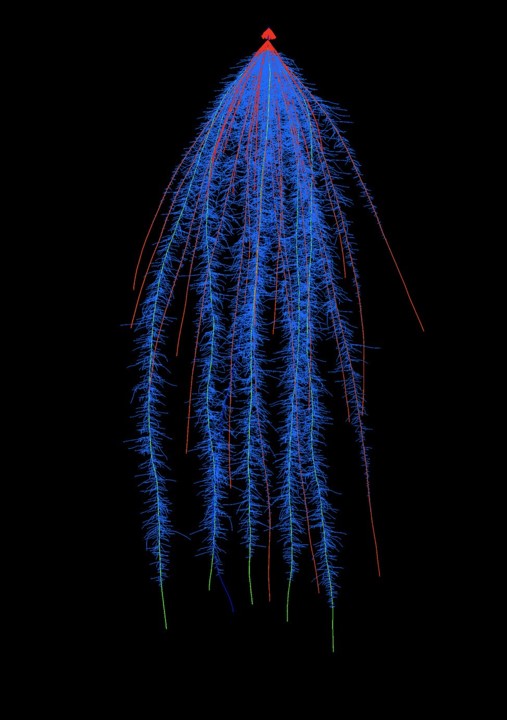
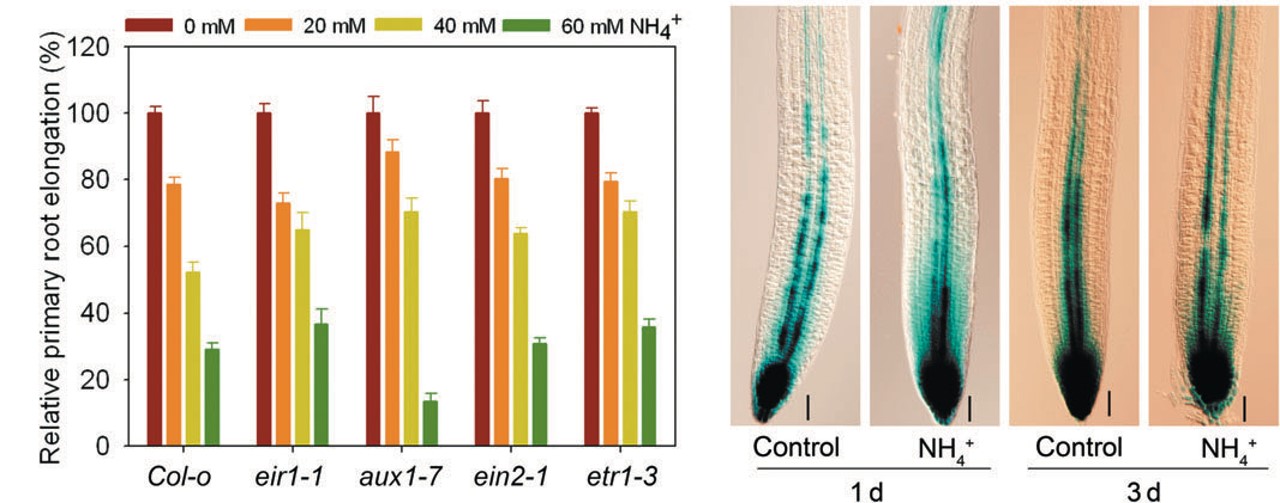
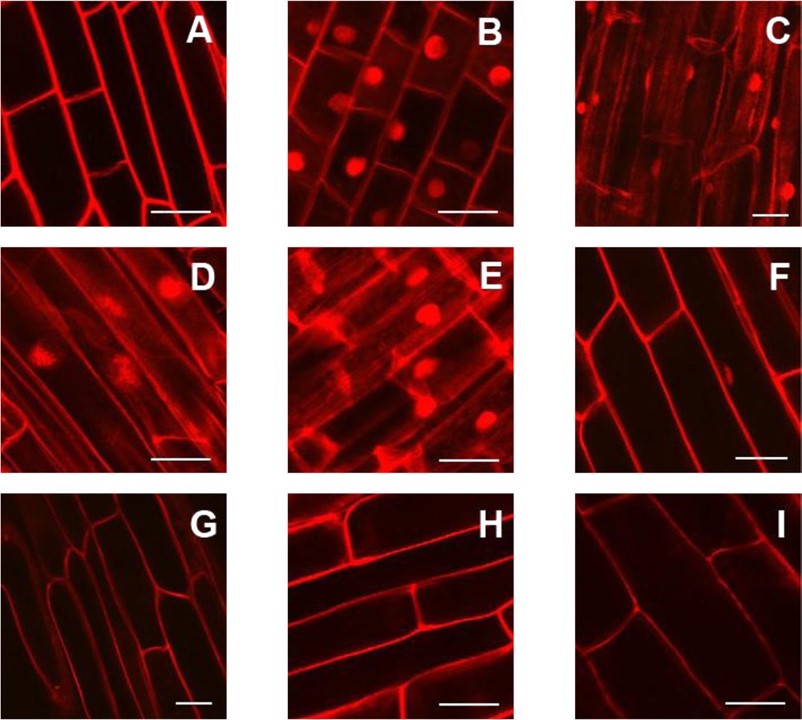
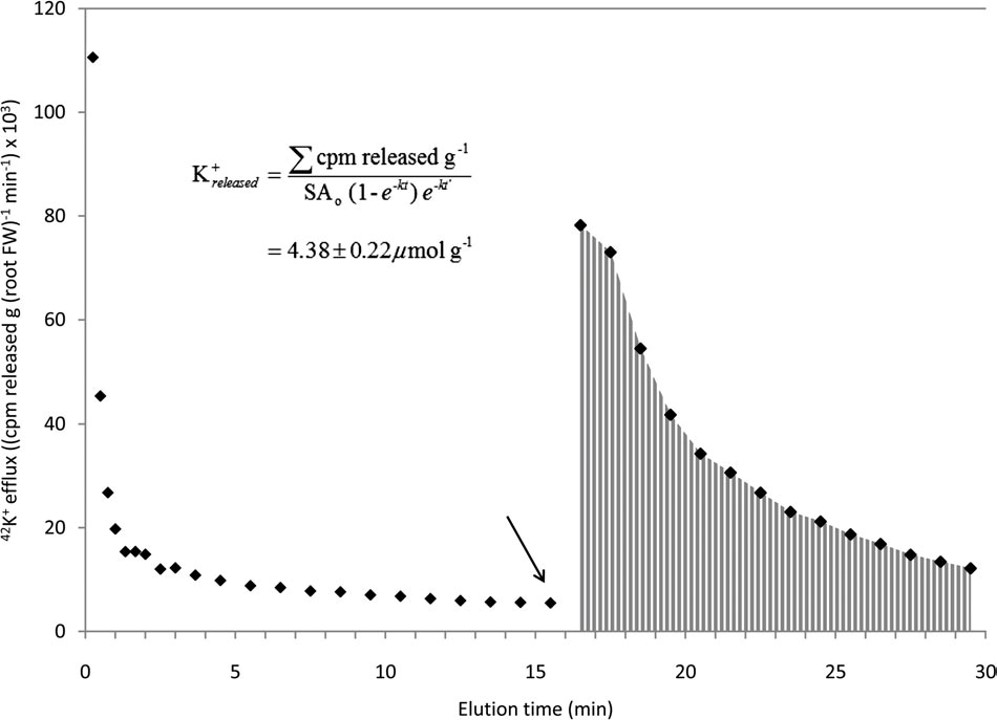
World Hunger
World cereal production in the wake of the second “Green Revolution” has more than tripled but has barely kept up with human population growth (now at >7.7 billion).
Global Nitrogen Pollution
450 million tonnes of nitrogen fertilizer are produced each year, polluting waterways and the atmosphere.
Three Earths Needed
Earth’s total capacity to produce food is limited – North-American-style eating habits (heavily meat-based and characterized by high food waste), if practiced by everyone already alive around the world today, would require at least three planets Earth!
Our Approach
Our team addresses the challenges of the growing demand for food and associated environmental strains using multi-pronged strategies:
Laboratory and Field Research: Our research is focused on nutrient acquisition in the world’s leading cereals, with a special focus on rice, and with current major projects on nitrogen uptake optimisation and toxicity, the intersection of nitrogen and water use by crops, the role of potassium in agriculture, sodium toxicity, the protective effects of the element silicon under biotic and abiotic stresses, and the role of micronutrients. We use a combination of cell-biological, biochemical, biophysical, molecular, histological, and agronomic/ecological approaches. These include the non-invasive tracing and imaging (such as by means of positron-emission tomography) of nutrient uptake and distribution in whole plants using cyclotron-generated radioisotopes, mathematical modeling of nutrient fluxes in cells and whole plants, examinations of plant-root architecture (using CT scanning and microscopy), electrophysiology, water transport and gas exchange measurements, biochemical and ion analyses, genetics/genomics and molecular analysis, yield experiments under controlled conditions, and field testing on experimental farms.
Science Outreach and Education: At a time of increasing dismissal of objective facts and the scientific method by political leaders and the media, the Kronzucker team engages passionately and prolifically in science outreach and education. Our team offers public workshops and lectures focused on food production and consumption and the ecological consequences of agricultural practice and the food chain from farm to table. It is our team’s goal to educate members of the public in the importance of, and in practical approaches to, sustainable agricultural practice and waste-minimal provision of healthy food and the role individuals can play in ensuring global food security as the human population continues to expand. Our team furthermore offers advice to government agencies, members of the media, and not-for-profit organizations. Lectures or workshops are bookable via: [email protected].
Major Funding Sources
Our research program has attracted over 11 million dollars in research funding since 1999, and has been supported by:
Collaboration
Our international collaborative partners include:
- The International Rice Research Institute
- The University of Copenhagen
- The University of Bonn
- The Technical University of Munich
- The Chinese Academy of Sciences
- Canadian Association for Mental Health (CAMH)
- The Centre for Global Engineering (CGEN)
- The Dalla Lana School of Public Health
- St. Michael’s Hospital
- Institute for History and Philosophy of Science and Technology (IHPST)
- Tri-University Meson Facility (TRIUMF)
- The BIOTRON facility at Western University
- Laval University
- National Agriculture and Food Research Organization (NARO), Japan

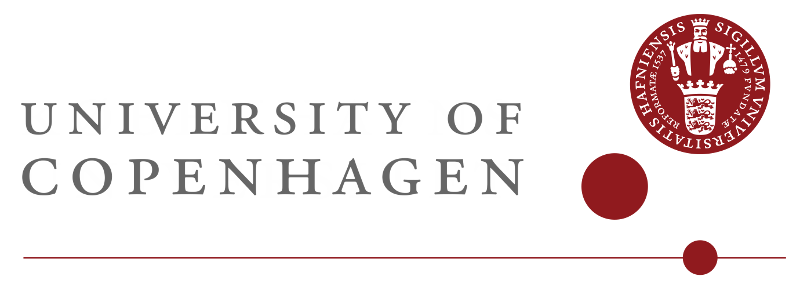

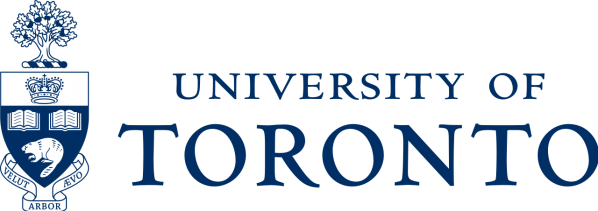


Publications and Media Coverage
Our research has been featured prolifically in the popular media, from leading newspapers and magazines (including The Globe and Mail, the Süddeutsche Zeitung and The Christian Science Monitor) to television and radio broadcasts (including CBC, Radio Canada, CTV, Global TV, Fairchild Television, and the Weather Channel) and extensive internet coverage.
Our work on rice and food security was featured in a cover article in Canada’s largest national newspaper, The Globe and Mail (https://www.theglobeandmail.com/news/national/solving-hunger-with-super-rice/article4293417/), another cover in the highly acclaimed Toronto Life Magazine, and at the 2010 G20 Conference in Toronto, where it was hailed as among the city’s greatest “life-changing and life-saving discoveries”. Also, see a 2015 article on rice in Canada’s Zoomer Magazine.
A 2016 study in the journal New Phytologist, on the role of rice root exudates in soil microbial activity and nitrogen chemistry, was covered in > 300 international news outlets, including by the American Association for the Advancement of Science (AAAS; see: https://www.eurekalert.org/pub_releases/2016-07/uot-rct072916.php), the Global Plant Council, the New Phytologist Trust, Science Daily, Science Newsline, The Times of India (the world’s largest English-language daily), The Economic Times (the world’s largest business newspaper after the Wall Street Journal), Google News, Yahoo! News, numerous government and industry outlets, and venues as exotic as The Oman Observer, The Syria Times, and The Zimbabwe Star.
Recent studies from our lab at the University of Melbourne, including a 2017 article in Nature Plants and a 2018 article in the Journal of Experimental Botany, designated as ‘paradigm-shifting’ by journal editors, have been featured in The University of Melbourne’s Pursuit magazine and in numerous internet venues (https://pursuit.unimelb.edu.au/individuals/professor-herbert-kronzucker; https://phys.org/news/2017-06-conversation-soil.html; https://www.futurity.org/salt-soils-crops-1816932-2/).

